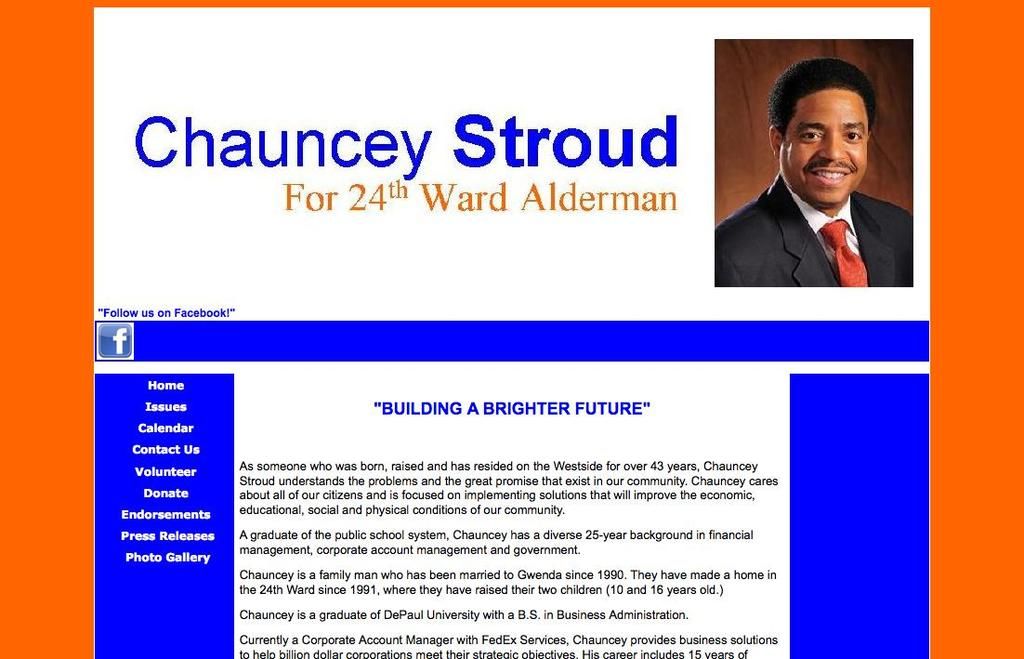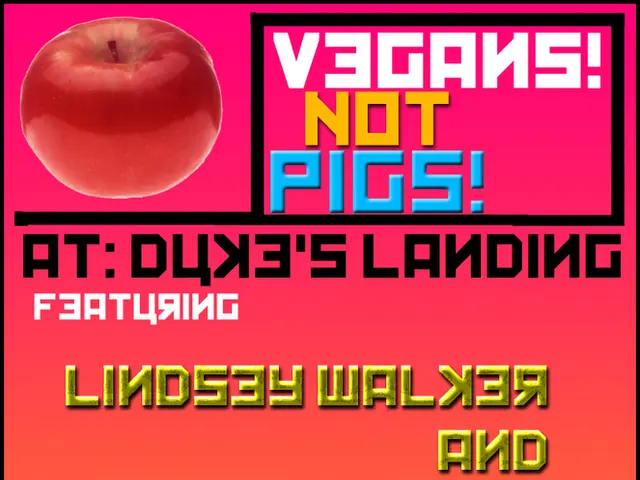Bjoern Ulvaeus Crafts AI-Inspired Musical Amid AI's Impact on Music Industry
AI collaboration to shape new musical by ABBA's Björn Ulvaeus, announced at SXSW London
In an intriguing breakthrough, ABBA's Bjoern Ulvaeus reveals his latest project - a new musical co-authored with AI. Speaking at the inaugural SXSW London festival, Ulvaeus discussed his collaboration with AI as a "great tool" that functions as an "extension of your mind."
Despite AI's limitations in lyric-writing, Ulvaeus believes it could be beneficial in overcoming writer's block. He says, "You can prompt a lyric you have written about something, and you’re stuck maybe, and you want this song to be in a certain style. You can ask it, how would you extend? Where would you go from here? It usually comes out with garbage, but sometimes there is something in it that gives you another idea."
The veteran songwriter, who is also the president of International Confederation of Societies of Authors and Composers (CISAC), previously cautioned about the existential challenge AI poses to the music industry. The organization, which represents songwriters and composers worldwide, has published reports on AI use in music, one of which suggested that music creators could potentially lose nearly a quarter of their income to AI by 2028.
Regarding the report, Ulvaeus emphasized the role of governments in protecting creators. "For creators of all kinds from songwriters to film directors, screenwriters to film composers, AI has the power to unlock new and exciting opportunities. But, we have to accept that, if badly regulated, generative AI also has the power to cause great damage to human creators, to their careers and livelihoods."
"Which of these two scenarios will be the outcome?" Ulvaeus pondered. "This will be determined in large part by the choices made by policy makers, in legislative reviews that are going on across the world right now. It's critical that we get these regulations right, protect creators' rights and help develop an AI environment that safeguards human creativity and culture."
Meanwhile, SXSW London has faced criticism following the appearance of former UK prime ministers Tony Blair and David Cameron as unannounced speakers. Screenshots of the unshared program revealed Blair's participation in a panel titled "Government and AI" alongside Technology Secretary and Labour Friends of Israel member Peter Kyle. Artists like Sam Akpro, Rat Party, Magnus Westwell, Saliah, and LVRA canceled their performances at the festival, citing artwashing and complicity in the ongoing genocide of Palestinian people.
Keywords:
- AI
- Music
- Artificial Intelligence
- United Kingdom
- London
- Art
- Politics
- Regulation
- Palestinian Conflict
Enrichment Data:
Regulations
- Currently, the European Union (EU) is working on the AI Act, aiming to control AI across various sectors, including potential applications in the music industry. However, creative industries are pressing for stronger implementation standards to protect creators' rights.
- The U.S. is considering the NO FAKES Act, which will safeguard individuals from having their voice or likeness used in AI-generated content without permission. This legislation aims to hold individuals and companies accountable for unauthorized distribution of digital replicas of voices or likenesses.
Future Regulations
- There is a growing demand for stricter regulations on AI in the music industry; organizations like the International Federation of the Phonographic Industry (IFPI) and collecting societies like CISAC are advocating for stronger protections to ensure unauthorized AI-generated content doesn't infringe on artists' rights.
- In the U.S., House Republicans have proposed a 10-year ban on AI regulation at the state level, which could make it difficult to implement effective protections for creators.
- The future of AI regulation will likely involve finding a balance between encouraging innovation and safeguarding creators' interests.
In the realm of music and AI, Bjoern Ulvaeus, a renowned songwriter, contemplates the potential advantages and pitfalls of future regulations. He believes that AI could be a valuable tool in overcoming writer's block, while simultaneously fearing its power to infringe on creators' rights, such as in the recently proposed NO FAKES Act in the United States. On the other hand, the European Union is working on the AI Act to control AI across various sectors, but creative industries are advocating for stronger implementation standards. Striking a balance between nurturing innovation and protecting creators' interests will be crucial in shaping the future of AI's role in the entertainment and music industries.








